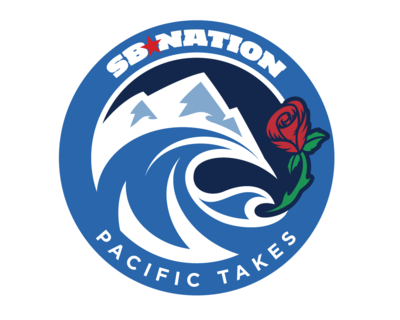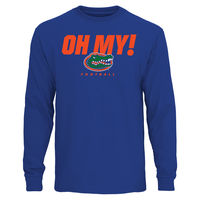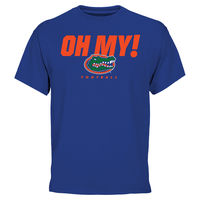
MAKMUR76 situs resmi mix parlay dengan jadwal pertandingan terupdate, odds kompetitif, informasi akurat, dan pengalaman bermain aman, cepat, serta terpercaya.
Arizona | ASU | Cal | Colorado | Oregon | Oregon State | Stanford | UCLA | USC | Utah | Washington | Washington State
For more Pac-12 future schedule information, head on over to the Pac-12 football schedule news storystream.
2014
- August 28 (Thu.): Rutgers
- September 6: at Nevada
- September 13: Portland State
- September 20: Oregon
- September 27: at Utah
- October 4: California
- October 10 (Fri.): at Stanford
- October 18: BYE
- October 25: Arizona
- November 1: USC
- November 8: at Oregon State
- November 15: BYE
- November 22: at Arizona State
- November 29: Washington
2015
- 9/5: Portland State
- 9/12: at Rutgers
- 9/19: Wyoming
- Divisional games: California, Oregon, Oregon State, Stanford, Washington
- Non-divisional games: Arizona, Arizona State, USC, Utah
2016
- 9/3: Eastern Washington
- 9/10: at Boise State
- TBA: Idaho
- Divisional games: California, Oregon, Oregon State, Stanford, Washington
- Non-divisional games: Arizona, Arizona State, USC, Utah
2017
- 9/2: Nevada
- 9/9: Boise State
- Divisional games: California, Oregon, Oregon State, Stanford, Washington
- Non-divisional games: Arizona, Colorado, USC, Utah
2018
- 9/1: at Wyoming
- TBA: San Jose State
- Divisional games: California, Oregon, Oregon State, Stanford, Washington
- Non-divisional games: Arizona, Colorado, USC, Utah
2019
- TBA: BYU
- Divisional games: California, Oregon, Oregon State, Stanford, Washington
- Non-divisional games: TBA
2020
- Divisional games: California, Oregon, Oregon State, Stanford, Washington
- Non-divisional games: TBA
2021
- Divisional games: California, Oregon, Oregon State, Stanford, Washington
- Non-divisional games: TBA
2022
- 9/10: at Wisconsin
- Divisional games: California, Oregon, Oregon State, Stanford, Washington
- Non-divisional games: TBA
2023
- 9/9: Wisconsin
- Divisional games: California, Oregon, Oregon State, Stanford, Washington
- Non-divisional games: TBA








